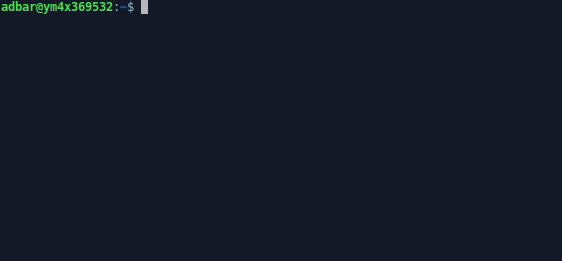Htmldate: Find the Publication Date of Web Pages







Find original and updated publication dates of any web page.
It is often not possible to do it using just the URL or the server response.
On the command-line or with Python, all the steps needed from web page
download to HTML parsing, scraping, and text analysis are included.
The package is used in production on millions of documents and integrated into
thousands of projects.
In a nutshell

With Python
>>> from htmldate import find_date
>>> find_date('http://blog.python.org/2016/12/python-360-is-now-available.html')
'2016-12-23'
On the command-line
$ htmldate -u http://blog.python.org/2016/12/python-360-is-now-available.html
'2016-12-23'
Features
- Flexible input: URLs, HTML files, or HTML trees can be used as input
(including batch processing).
- Customizable output: Any date format (defaults to ISO 8601
YMD).
- Detection of both original and updated dates.
- Multilingual.
- Compatible with all recent versions of Python.
How it works
Htmldate operates by sifting through HTML markup and if necessary text
elements. It features the following heuristics:
- Markup in header: Common patterns are used to identify relevant
elements (e.g.
link and meta elements) including Open Graph
protocol attributes.
- HTML code: The whole document is searched for structural markers
like
abbr or time elements and a series of attributes (e.g.
postmetadata).
- Bare HTML content: Heuristics are run on text and markup:
- In
fast mode the HTML page is cleaned and precise patterns are
targeted.
- In
extensive mode all potential dates are collected and a
disambiguation algorithm determines the best one.
Finally, the output is validated and converted to the chosen format.
Performance
1000 web pages containing identifiable dates (as of 2023-11-13 on Python 3.10)
| articleDateExtractor 0.20 | 0.803 | 0.734 | 0.622 | 0.767 | 5x |
| date_guesser 2.1.4 | 0.781 | 0.600 | 0.514 | 0.679 | 18x |
| goose3 3.1.17 | 0.869 | 0.532 | 0.493 | 0.660 | 15x |
| htmldate[all] 1.6.0 (fast) | 0.883 | 0.924 | 0.823 | 0.903 | 1x |
| htmldate[all] 1.6.0 (extensive) | 0.870 | 0.993 | 0.865 | 0.928 | 1.7x |
| newspaper3k 0.2.8 | 0.769 | 0.667 | 0.556 | 0.715 | 15x |
| news-please 1.5.35 | 0.801 | 0.768 | 0.645 | 0.784 | 34x |
For the complete results and explanations see evaluation
page.
Installation
Htmldate is tested on Linux, macOS and Windows systems, it is compatible
with Python 3.8 upwards. It can notably be installed with pip (pip3
where applicable) from the PyPI package repository:
pip install htmldate- (optionally)
pip install htmldate[speed]
The last version to support Python 3.6 and 3.7 is htmldate==1.8.1.
Documentation
For more details on installation, Python & CLI usage, please refer to
the documentation:
htmldate.readthedocs.io
License
This package is distributed under the Apache 2.0
license.
Versions prior to v1.8.0 are under GPLv3+ license.
Context and contributions
Initially launched to create text databases for research purposes
at the Berlin-Brandenburg Academy of Sciences (DWDS and ZDL units),
this project continues to be maintained but its future development
depends on community support.
If you value this software or depend on it for your product, consider
sponsoring it and contributing to its codebase. Your support
will help maintain and enhance this package.
Visit the Contributing page
for more information.
Reach out via the software repository or the contact page
for inquiries, collaborations, or feedback.


@article{barbaresi-2020-htmldate,
title = {{htmldate: A Python package to extract publication dates from web pages}},
author = "Barbaresi, Adrien",
journal = "Journal of Open Source Software",
volume = 5,
number = 51,
pages = 2439,
url = {https://doi.org/10.21105/joss.02439},
publisher = {The Open Journal},
year = 2020,
}
- Barbaresi, A. "htmldate: A Python package to extract publication
dates from web pages",
Journal of Open Source Software, 5(51), 2439, 2020. DOI:
10.21105/joss.02439
- Barbaresi, A. "Generic Web Content Extraction with Open-Source
Software",
Proceedings of KONVENS 2019, Kaleidoscope Abstracts, 2019.
- Barbaresi, A. "Efficient construction of metadata-enhanced web
corpora",
Proceedings of the 10th Web as Corpus Workshop
(WAC-X), 2016.
Acknowledgements
Kudos to the following software libraries:











